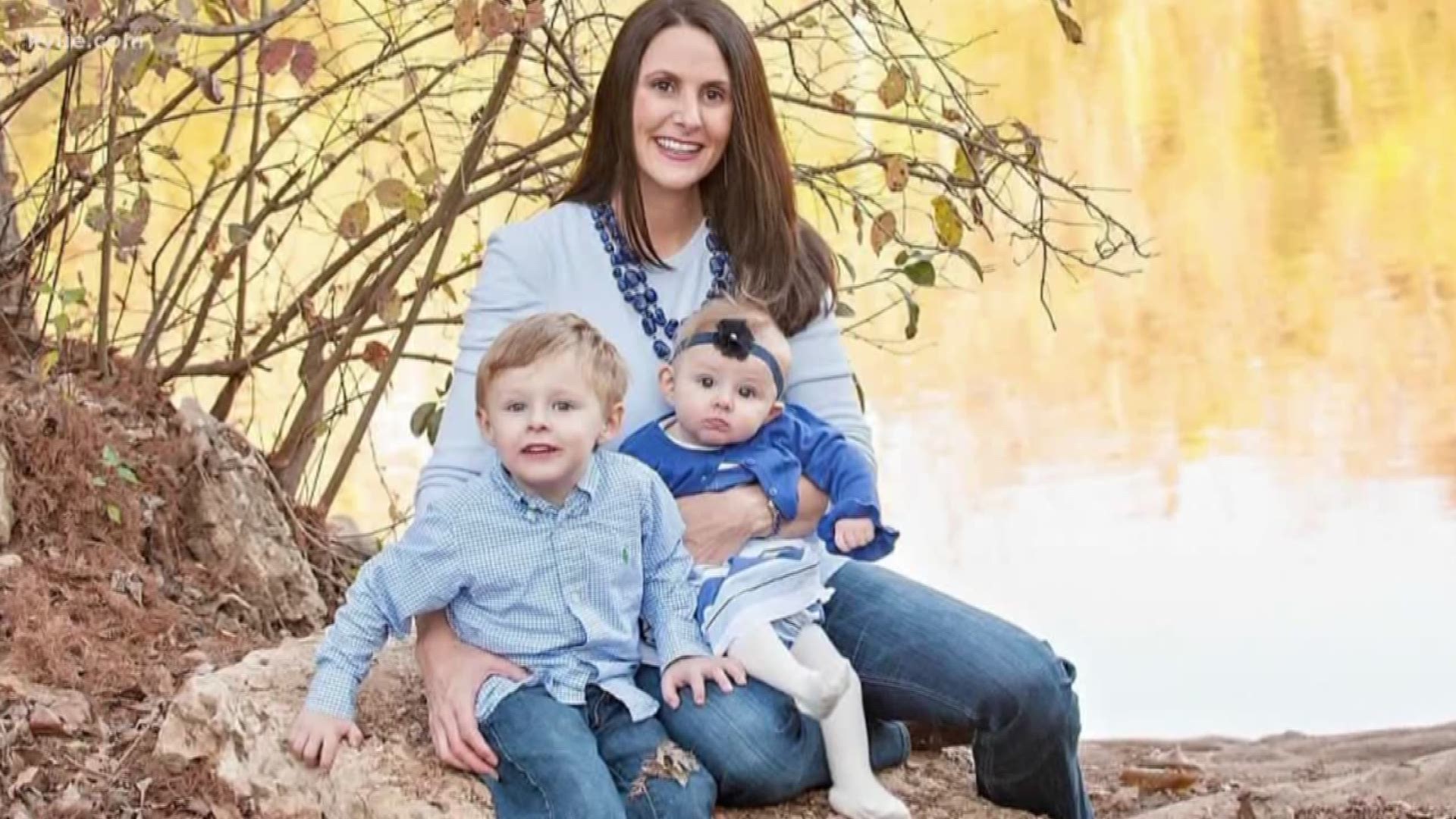AUSTIN — AUSTIN -- Opioid addiction is a big concern, so doctors at Seton hospitals are trying to do their part with certain patients.
In an effort by the University of Texas at Austin Dell Medical School, they are changing how they assess post-partum pain and have cut opioid use among new moms by more than 40 percent.
Seton has been implementing this new pain assessment over the past year on about 7,300 new moms.
One of them is Jamie Moxham. Taking care of her children, Brennan and Gabriella, is her priority.
"You have to be on at all times,” said Moxham. “You can't hit the snooze button with a brand-new baby."
She said with Brennan, her first born, she was prescribed morphine.
She was foggy, sleepy and ...
"One of the biggest ones is constipation,” she said. “It's something no one wants to talk about and kind of embarrassing. But that was definitely a severe side effect with my first delivery.”
But for her second delivery last year, Seton gave her only Tylenol and ibuprofen.
Doctors at Seton are now asking different questions when assessing pain.
"Patients are basically asked not what their pain level is based on a smiley face scale, which is very subjective” said Amy Young, head of women's health at Seton. “But they're asked, are they able to get up and go to the bathroom and rest comfortably in bed?"
Young also said the No. 1 cause of accidental maternal mortality within a year of delivery in Texas is drug overdose, most involving prescription opiates.
It's always better to avoid a medication whenever you can avoid one,” said Young.
Seton said its new method still manages pain, with less severe prescriptions.
If opioids are needed for women who have had a cesarean section, Seton said it has decreased the dosage from 30 to 40 morphine milligrams equivalents to 20 to 15.
For Moxham, her second delivery without opiates was a relief.
"I can remember being in the hospital,” said Moxham. “And just having tears roll down my face telling the nurse like, this is so much easier – and this is how it's supposed to be."
Instead of pain, she experienced joy.
"Because the medicine that I was on in the hospital worked,” said Young. “I could just love on my babies.”

